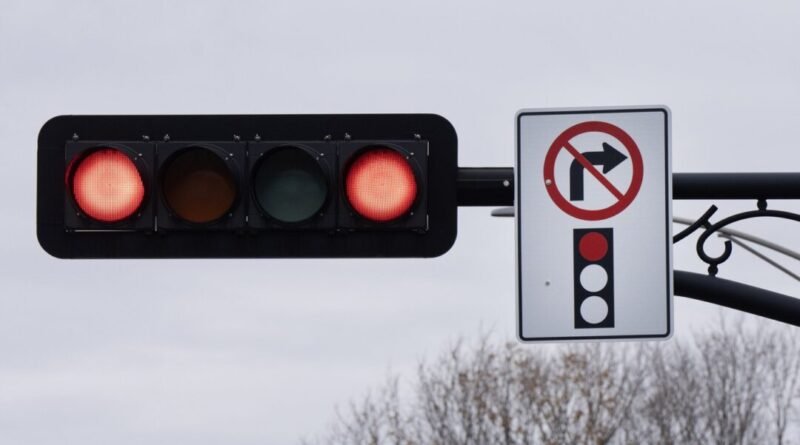Traffic Court Judges Must Follow Charter Rights to Ensure Timely Trials
A judge has ruled that Canadians’ charter right to a timely trial applies in traffic court, thereby dismissing the case of a man charged with running a red light after prosecutors waited too long to bring the case to trial.
“This is a red light camera charge before the Court. It is not a complex matter,” Justice of the Peace Milena Commisso wrote in a July 16 decision.
An Oakville, Ont., driver was captured on camera running a red light at an intersection on June 8, 2022, and the driver pleaded not guilty. Prosecutors set the case down for trial on May 23, 2024.
Justice Commisso ruled that the delay of more than 23 months had violated section 11.b. of the Charter of Rights that states, “Any person charged with an offence has the right to be tried within a reasonable amount of time.”
“I find there has been no action on the part of the applicant to cause any portion of the delay leaving the net delay at 22 months and 23 days,” wrote Judge Commisso, noting that the defendant had “satisfied the only requirement he had” by filing his Notice of Intention to appear on June 28, 2022. “This clearly falls above the presumptive ceiling.”
Justice Commisso also said because no witnesses needed to be vetted for a traffic violation, the availability of witnesses was not a considering factor when setting the trial date.
“Accordingly, this court finds that the full net delay is seen as systemic and/or institutional delay and must be attributed to the Respondent and ultimately seen as unreasonable,” she wrote.
The judge cited the Supreme Court’s 2016 ruling in the case of Barrett Jordan, a B.C. man who had been charged with drug trafficking. Mr. Jordan, who was arrested in 2008, spent two months in custody and waited another three years before his trial was finally scheduled.
“The Canadian public expects their criminal justice system to bring accused persons to trial expeditiously,” wrote the Supreme Court.





